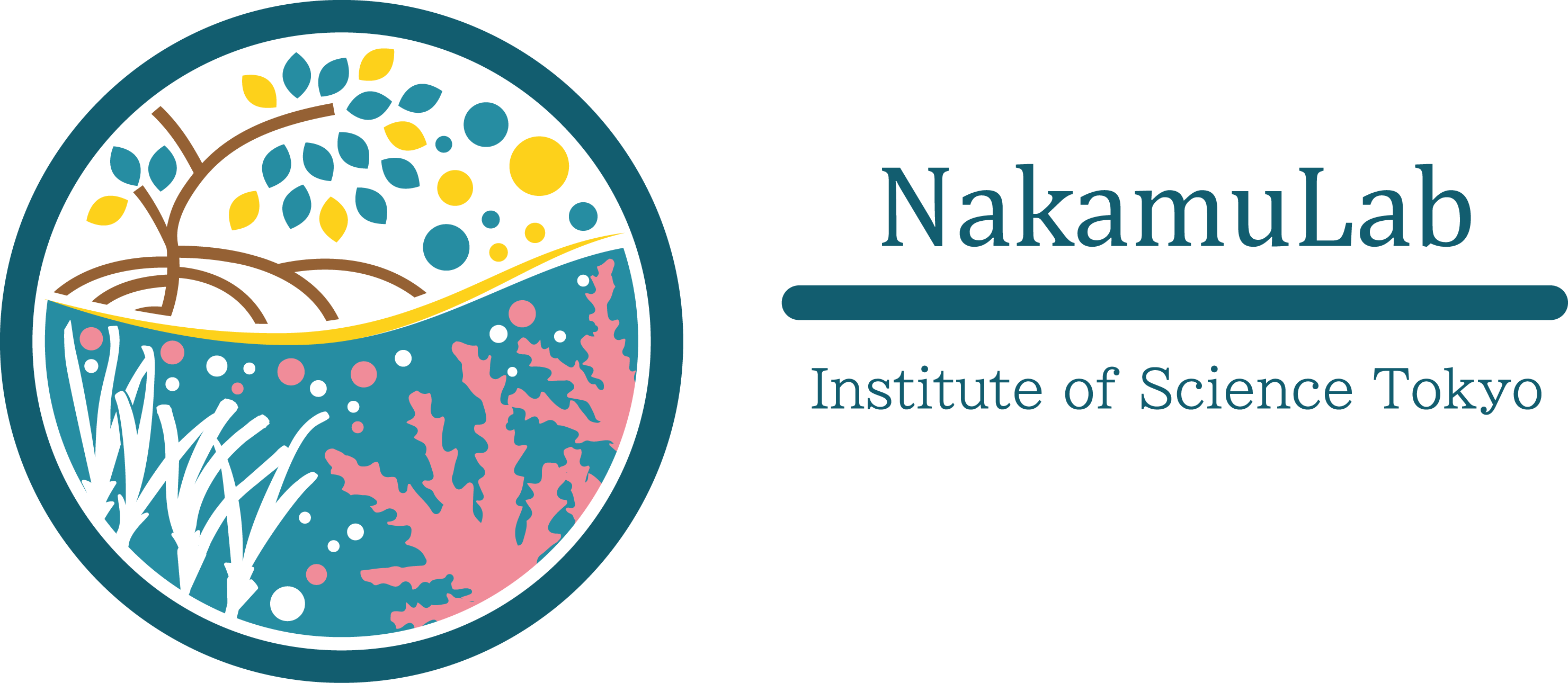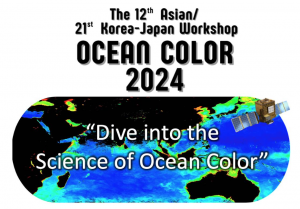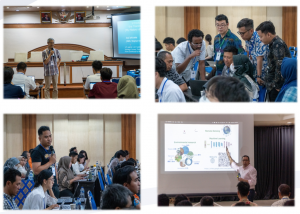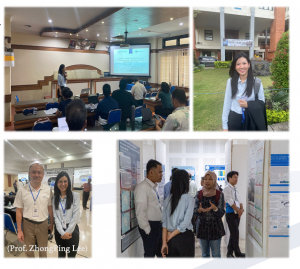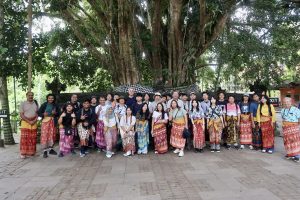A Memorable Experience at the 12th Asian/21st Korea-Japan Ocean Color Workshop
Hi everyone! I’m Palika Wannawilai, but you can call me “Dear.” I’m a second-year doctoral student from Thailand, and my research focuses on remote sensing. Last December (2024), I had the wonderful opportunity to attend the 12th Asian/21st Korea-Japan Ocean Color Workshop (AWOC/KJWOC) and would like to thank for all supports from Nakamura sensei.
This annual workshop brings together ocean color researchers from across Asia, originally started in 2003 by Korean and Japanese scientists. Its goal is to advance ocean color research—vital for understanding marine ecosystems and water quality. This year’s event covered a wide range of topics, from satellite observations and coastal management to seagrass mapping, all aimed at fostering collaboration and scientific progress.
In terms of format, the workshop featured both oral and poster presentations. Each oral presentation was allotted 15 minutes, followed by a 5-minute Q&A session, and the poster session ran alongside on the same day. Participants could also join training courses on monitoring and assessing water quality using ocean color remote sensing techniques, which added another layer of hands-on learning to the event.
I gave my own oral presentation on October 23, titled “Estimation of Benthic Fractional Cover Using Nonlinear Unmixing of Multispectral Data for Shallow Coral Reef Analysis.” This research was an extension of my master’s thesis, and it was thrilling to present it to an audience of experts.
One of the highlights for me was the chance to discuss my PhD research with specialists in the field—most notably Professor Zhongping Lee, a leading expert in ocean color who previously taught at the University of Massachusetts, Boston and now works at Xiamen University in China. His insights were incredibly valuable, and I learned so much just by engaging in conversation with him.
On the last day, the workshop organizers arranged an excursion, which was a fun and relaxed way to connect with fellow researchers outside of the formal sessions.
Reflecting on the experience, I realize how much I gained from attending. Meeting experts from all over Asia was immensely beneficial for sharing ideas, seeking guidance, and exploring potential career paths. Having open discussions with peers and mentors—many of whom have faced similar research challenges—gave me fresh perspectives and better troubleshooting strategies.
I can’t wait to participate in the workshop again this year! If you’re interested in ocean color research or simply want to learn more about the latest advances in remote sensing, I highly recommend keeping an eye on AWOC/KJWOC. It’s an event brimming with knowledge, collaboration, and inspiration for anyone passionate about marine science.
Thanks for reading, and feel free to reach out if you have any questions about my research or the workshop!
